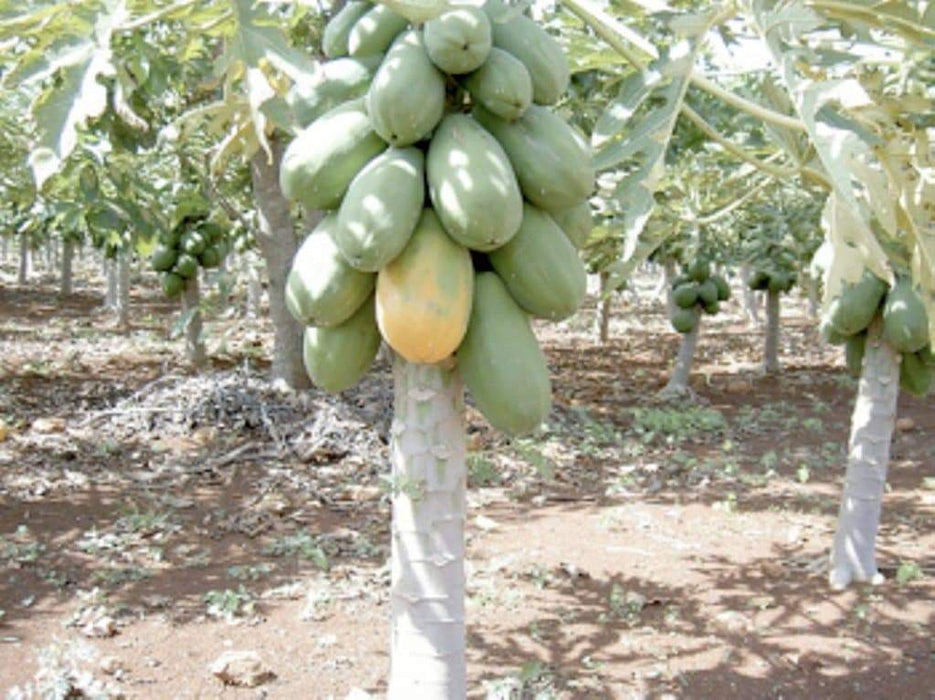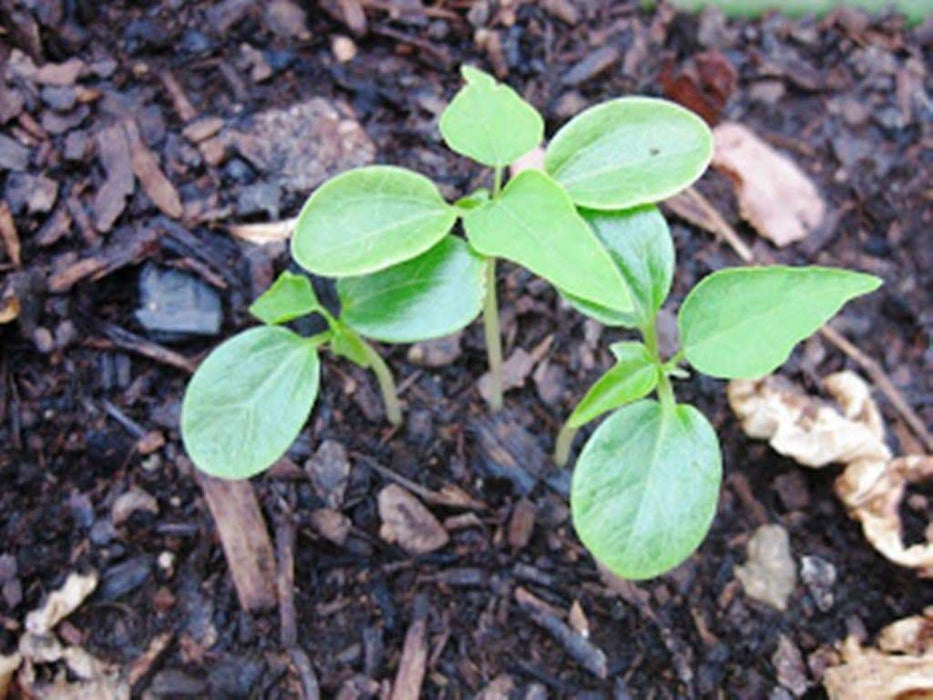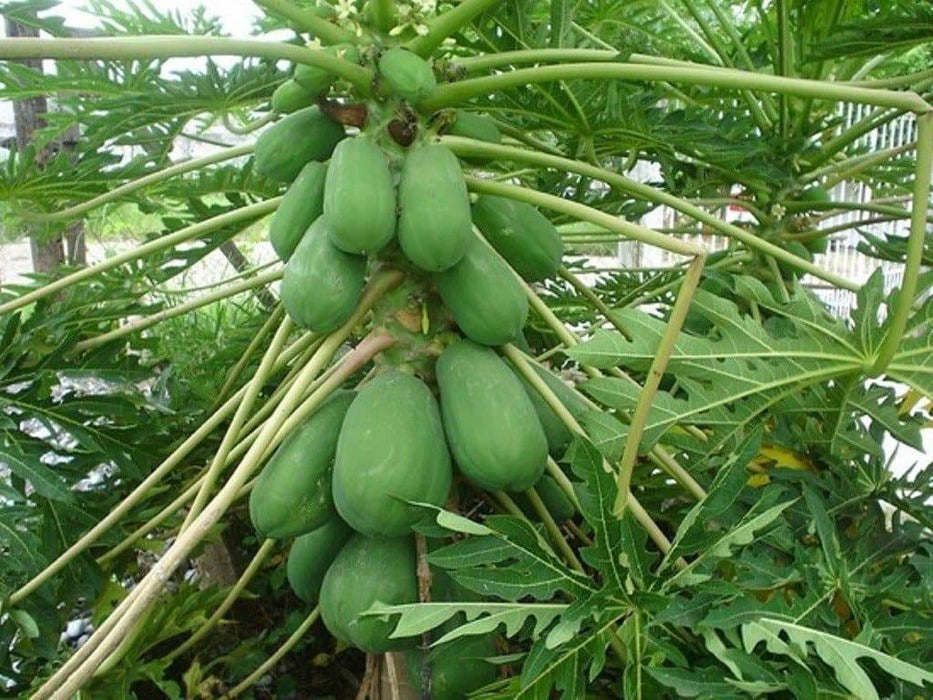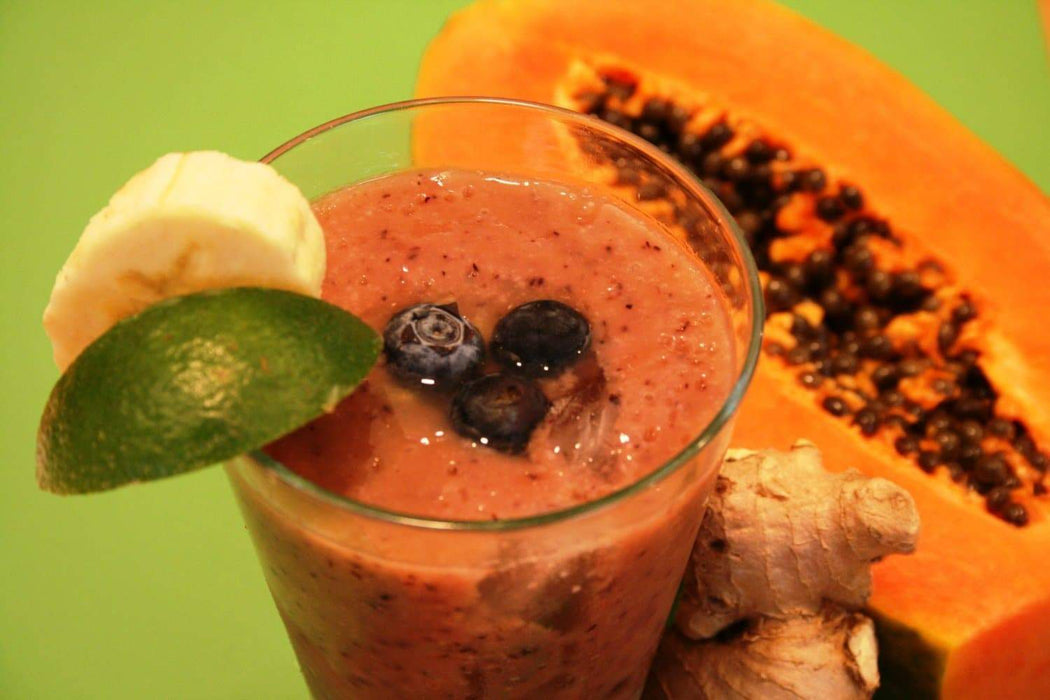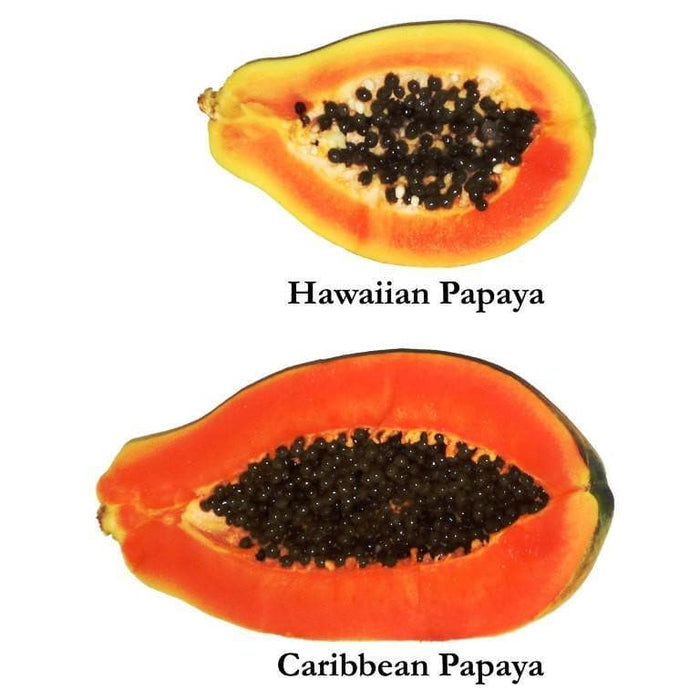
Jamaican Red PAPAYA Seeds, CARIBBEAN
Most orders are processed by the next day
Select your desired size and/or color from the available options.
Heirloom Jamaican Red (Pawpaws) PAPAYA SEEDS(Caribbean Papaya) Fresh Seeds~Sweet Red Flesh !
The fruit of papayas is high in vitamin C. You can also pick the fruit when it is green and cook it like a marrow.
Papaya is one of the most popular Hispanic fruits. You can find it growing on Central American fruit trees, and it also grows in tropical climates throughout the world.
The two varieties most typically found in North American markets are the Mexican and the Strawberry. The Mexican (Maradol) variety is much larger, but both share the peach-colored flesh and centralized mass of edible seeds. Papaya tastes like melon although not quite as sweet, with a bit of earthiness to it.
Female and male flowers do not grow on the same tree, so you must have male and female trees in the garden.
Exotic papaya fruit or pawpaw is packed with numerous health benefiting nutrients. The fruit is one of the favorites of fruit lovers for its nutritional, digestive, and medicinal properties. Papaya tree is grown extensively all over the tropical regions and cultivated for its fruits and latex papain, an enzyme that is used in food industry.
Growing papayas (pawpaws)
Growing papaya from seed is the easiest and most successful way to get started. And of course it's also the cheapest.
Mix about 3 1/2 ounces of potassium nitrate in 1 quart of water. Potassium nitrate, commonly known as saltpeter, is available in most garden centers as a fertilizer. This solution helps to decrease germination time, while increasing the total percentage of germination among planted seeds.
Soak the papaya seeds in the potassium nitrate solution for about 30 minutes. If you have trouble finding potassium nitrate, soak the seeds in hot water at 158 degrees Fahrenheit for 15 seconds, then soak in room temperature, distilled water for 24 hours to increase the germination rate.
Papaya seeds can germinate in as little as two weeks with the potassium nitrate treatment, but can take up to five weeks.
Fill 1-gallon containers with a sterile, soil-less potting mixture of equal parts sphagnum peat and perlite or vermiculite. Use at least three containers for best success because papaya plants might be female, bisexual or male. Do not start seeds in seedling trays because papayas transplant poorly; 1-gallon containers ensure the plant requires transplanting only once from the container to the ground.
Plant two to four seeds evenly spaced in each container, and cover the seeds with 1/4 to 1/2 inch of soil. Place the container in full sun to partial shade in temperatures above 70 degrees Fahrenheit; choose full sun when possible to achieve maximum fruit production and sweetness.
Water the seeds to moisten the soil. Water the seeds regularly to keep the soil moist, but avoid overwatering because wet soil can cause seedlings to dampen off.
Apply a complete fertilizer to containers at planting, and repeat once every two months. If you wish to avoid chemical fertilizers, you can add finished compost as a side dressing.
Thin seedlings to leave only the best container when seedlings reach a few inches high or have two sets of leaves.
Materials: Jamaican,American,Caribbean,Grow,Garden,Annual,spinach,kale,chinese,Fruit,pawpaw,Sweet healthy, salad
LET OUR CUSTOMER SPEAK FOR US
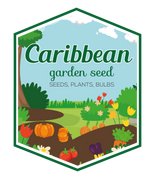
![[Seeds] - Caribbeangardenseed](http://caribbeangardenseed.com/cdn/shop/files/gift-card-gift-card-1_1024x1024_dfa857db-9150-4315-a362-7f0bb3fb9c47_60x28.png?v=1703978838)
